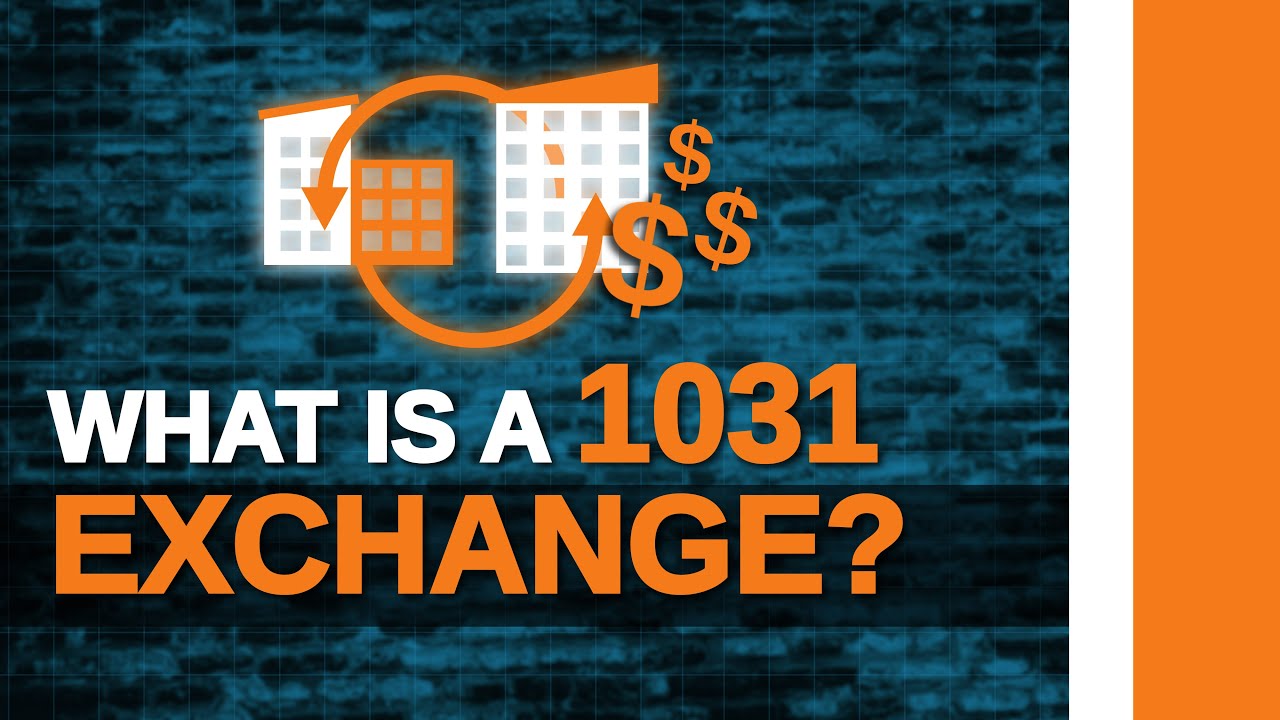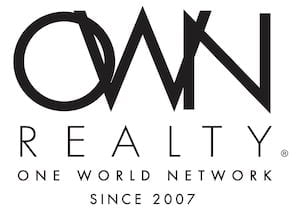1031 Exchange in Wyoming
- Home
- 1031 Exchange in Wyoming
Considering A Tax Deferred 1031 Exchange in Wyoming? We are here to help!
The 1031 exchange, often referred to as a tax-deferred exchange, provides a streamlined approach to selling a qualified property and subsequently acquiring another qualified property within a designated timeframe. Unlike a standard sale, where the transaction is straightforward, a “1031 exchange” treats the entire process as an exchange, not just a sale.
This distinction is vital as it allows taxpayers to qualify for deferred gain treatment, exempting them from regular IRS taxation, as outlined in US CODE: Title 26, §1031, which specifically addresses property exchanges for productive use or investment.
Furthermore, the significance of a 1031 exchange lies not only in tax deferral but also in preserving the investor’s purchasing power. When considering the potential capital gains tax of 15% to 20%, the financial impact becomes apparent. Executing a 1031 exchange in Wyoming allows investors to defer this tax burden and maintain a more substantial budget for acquiring a replacement property.
Moreover, Wyoming’s business-friendly environment enhances the appeal of a 1031 exchange. The absence of state income tax and a regulatory framework that supports business growth make it an attractive destination for real estate investment.
Investors can capitalize on this favorable climate to not only defer taxes but also to strategically position themselves in a state that fosters economic prosperity and investment success.

Understanding the intricacies and the underlying purpose of a tax-deferred transaction is crucial for those looking to benefit from the IRS-recognized strategy of the 1031 exchange. The key tax code for a successful exchange is detailed in Section 1031 of the Internal Revenue Code.
It’s important to note that the IRS’s interpretation, as well as widely accepted standards, regulations, and compliance guidelines, are specified in the Like-Kind Exchange Regulations issued by the US Department of the Treasury.
This resource outlines the IRS rules, guidelines, and requirements for executing a 1031 exchange, emphasizing that these regulations not only represent the law but also reflect the IRS‘s interpretation of Section 1031.
In the context of Wyoming, it’s crucial to acknowledge the specific state and federal tax rates that can influence the overall tax implications of a 1031 exchange.
Wyoming’s unique economic landscape, with no state income tax, adds another layer of advantage for investors engaging in property transactions. This absence of state income tax can contribute significantly to the overall tax savings achieved through a 1031 exchange in Wyoming.
Why Consider a 1031 Exchange in Wyoming?
For real estate owners and investors, the 1031 exchange provides a valuable strategy to defer capital gains taxes, necessitating a comprehensive understanding of the intricacies and purpose of this tax-deferred transaction.
The specific tax code for a successful exchange is emphasized in Section 1031 of the Internal Revenue Code, with additional insights found in the Like-Kind Exchange Regulations issued by the US Department of the Treasury.
These regulations elucidate the IRS rules, guidelines, and requirements for executing a 1031 exchange, underlining that they embody not just the law but also the IRS’s interpretation of Section 1031.
Beyond the financial advantages, the 1031 exchange provides real estate investors with flexibility and opportunities for portfolio enhancement. Investors can strategically leverage their assets, optimize returns, and adapt their real estate holdings to align with evolving investment objectives.
This flexibility, combined with the potential for tax savings, positions the 1031 Exchange in Wyoming as a powerful tool in the arsenal of savvy real estate investors in Wyoming.

The Significance of a 1031 Exchange:
Any property owner or real estate investor eyeing the acquisition of a replacement “like-kind” property in Wyoming after selling an existing investment property should seriously consider a 1031 Exchange in Wyoming. Failure to do so could result in a capital gains tax, currently at 15% but potentially rising to 20% in the future.
When executing a 1031 exchange, it’s essential to account for federal and state tax rates specific to Wyoming. The primary incentive for pursuing a 1031 Exchange in Wyoming lies in the IRS’s depreciation of capital real estate investments at a rate of 3% annually until the investment is fully depreciated.
Upon selling the capital asset, the IRS seeks to tax the depreciated portion as income tax, based on the marginal tax rate. For instance, if an investment has been held for 15 years, depreciated by 45%, and the combined state and federal taxes amount to 35% at the marginal rate, this translates to approximately 15% of the property’s cost (one-third of the 45%).
If the property is fully depreciated, the entire 35% marginal tax rate applies. Simply put, without the benefit of a 1031 Exchange in Wyoming, purchasing a replacement property diminishes your buying power to around 70-80% of its previous value before the exchange and tax payment.
A 1031 Exchange in Wyoming is not merely a tax strategy; it’s a comprehensive approach to wealth preservation and strategic investment growth. By navigating the regulations, understanding the tax codes, and leveraging the unique economic landscape of Wyoming, real estate investors can unlock the full potential of the 1031 exchange, ensuring the continuity of their investment journey with enhanced financial strength and flexibility.
Discover Your Path to Wealth Preservation
Power of 1031 Exchanges
Are you ready to embark on a financial journey that could reshape your real estate investments? Look no further! At Sapphire Investment Solutions, we specialize in turning the complex world of 1031 exchanges into a streamlined, wealth-building opportunity.


 Call us today:
Call us today: